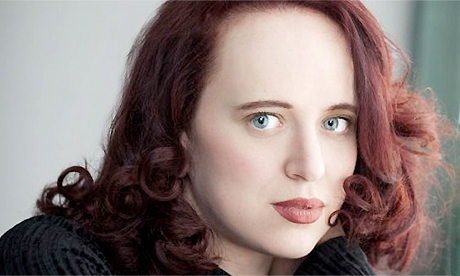It is often said that we live in a godless age – that Western society is secular and “post-Christian.”
In fact, something more nuanced is happening: we remain “religious” but spirituality is both personal and elusive – and outside the institutional status quo.
We live in a godless age. Don’t we?
The dominant cultural narrative holds, of course, that we do.
Once upon a time, this prevailing narrative goes, we – at least, we in the modern West – lived in a religious age; moreover, we lived in a specifically Christian age.
For centuries – indeed, millennia – people were united by their shared beliefs, their shared values, their shared investment in a community suffused with an appreciation for, and with the influence of, the transcendent.
People lived their lives in dialogue with the sacred.
- They structured their days, their weeks, their months, their years, around religious rituals and liturgical calendars.
- They lit candles in churches.
- They prayed for deliverance from sickness and sometimes tried to effect healing with folk magic or herb-based spells.
- They believed that material objects – the relics of saints, say – could be charged with spiritual energy and that just touching them could transform your body and your health.
For these believers, the world was what German political and economic theorist Max Weber described as an “enchanted garden”: a world in which the boundaries between the sacred and the profane are often porous, slippery, and ill-defined.
Changes
Then, everything changed.
Be it the dawn of the European Enlightenment, or the rise of capitalism and industrialism, or developments in modern science, or the college campus wars of the 1950s and 1960s – different versions of the narrative place the turning point at different places in history – somewhere, somehow, we in the West became a fundamentally, foundationally secular people. Somehow or other, God died.
In some, often progressive, tellings of this narrative, we have freed ourselves from the shackles of outmoded superstition and outdated servitude, liberating our lives from the auspices of oppressive institutions in order to celebrate the fullness of human potential in the absence of a divine overseer.
In other, more reactionary versions, we have fallen into spiritual acedia and decay, drifting listlessly across a disenchanted world, festering in our own moral decadence.
Both narratives are wrong
It’s true that, at first glance, we are far less religious than we were 50 or 100 years ago. In the United States, at least, the numbers are striking.
- About a quarter of Americans now say that they’re “religiously unaffiliated.”
- Among young millennials and Generation Z – roughly, those born after 1985 – those numbers rise to a staggering 36 per cent.
- Among queer Americans, that percentage goes up to nearly half.
- In a full 20 US states, religious “nones” – as this group is often known – make up the single largest religious bloc.
- Just 22 per cent of Americans have their weddings in a religious house of worship as of 2017 – down from 41 per cent in 2009. And about 30 per cent say they don’t want a religious funeral when they die.
But look a little closer and the numbers tell a far more complicated story.
The “religiously unaffiliated” may not be religious in the organised or formal sense, but – in the US at least – they’re nevertheless deeply spiritually engaged.
- Seventy-two per cent of them say they believe in some form of a higher power, however nebulously described, and almost 20 per cent say they believe in the God of the Bible.
- Forty-six per cent of them talk to the higher power regularly.
- Thirteen per cent say it talks back.
- Almost half believe they’ve been protected by a higher power.
- Thirty-eight per cent say they believe in reincarnation.
- The religiously unaffiliated – whatever they are – aren’t outright atheists or denizens of some disenchanted world.
Rather, they’re spiritually interested and engaged – just doing so outside of the traditional religious channels.
Yet the story of our shifting contemporary religious landscape isn’t just the story of the self-proclaimed “nones.”
It’s also a story of those who do identify as belonging to an established religious tradition, but whose beliefs, practices, and rituals suggest a more eclectic approach to faith.
As many as 30 percent of self-identified Christians, for example, say they believe in reincarnation – something nearly any orthodox Christian theologian would say is incompatible with even the most liberally construed iteration of church doctrine.
The broader story of our shifting “enchanted” world, therefore, isn’t just a story about secularism, disbelief and disaffiliation. Rather, it’s a story of shifts in religious attitudes. Continue reading
- Tara Isabella Burton is a writer of fiction and non-fiction. Winner of the Shiva Naipaul Memorial Prize for Travel Writing, she completed her doctorate in 19th century French literature and theology.
- Her latest book is “Strange Rites: New Religions for a Godless World.
